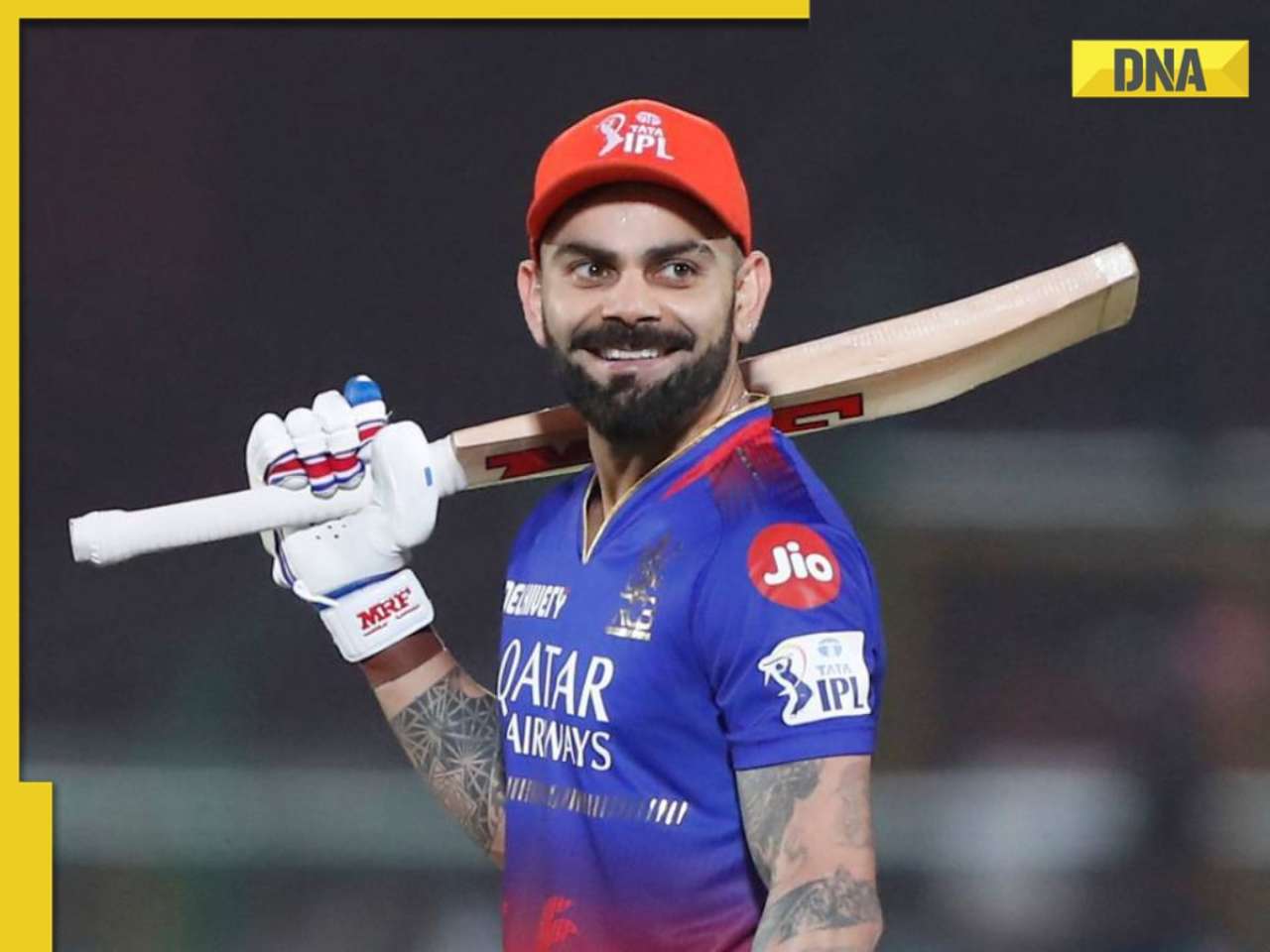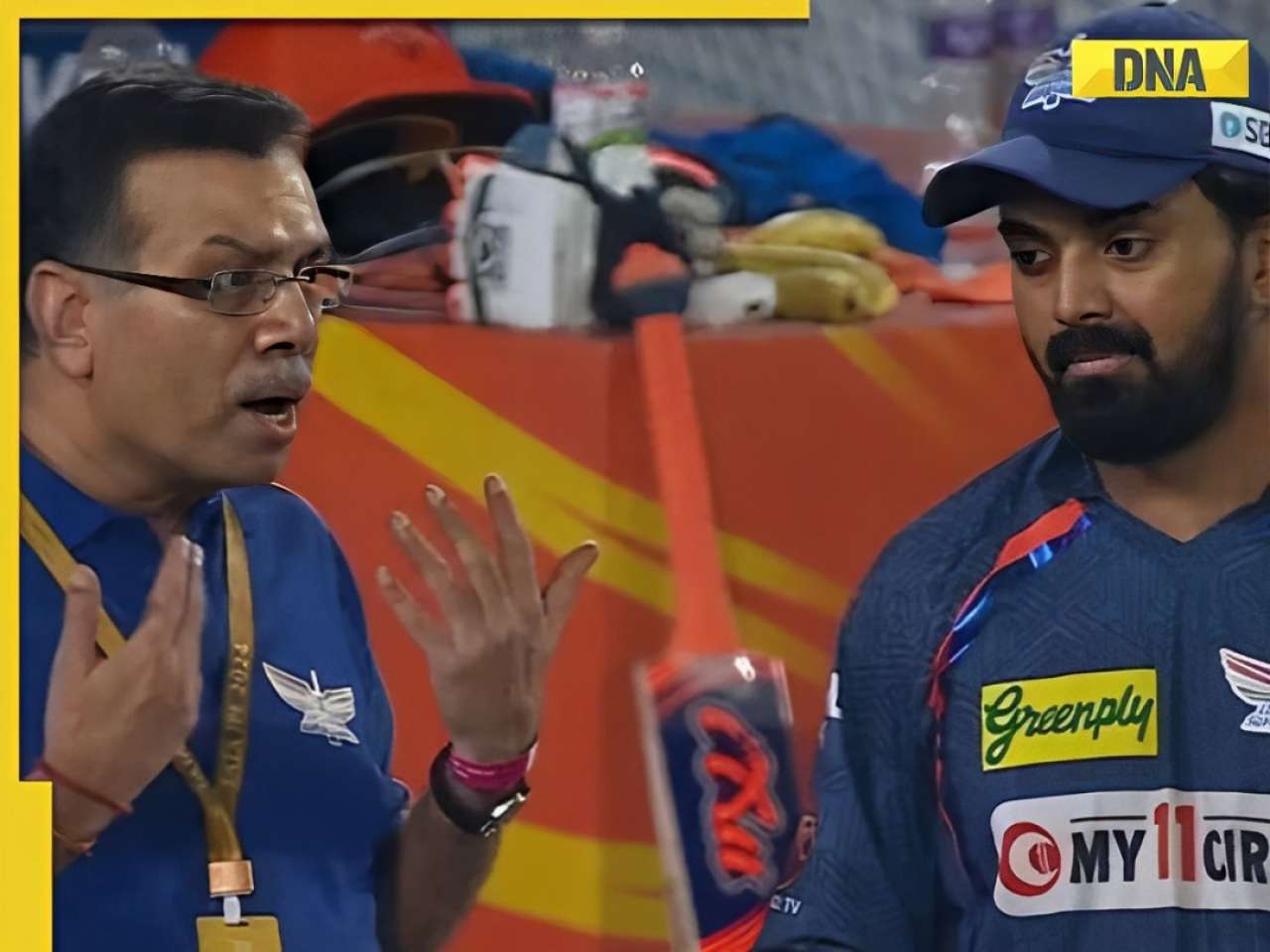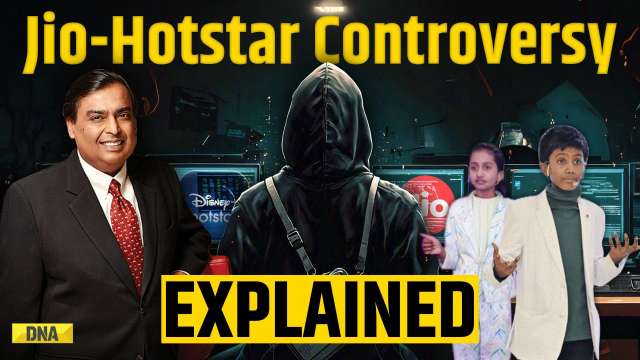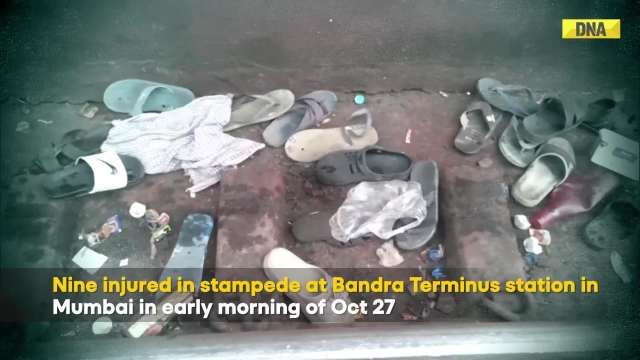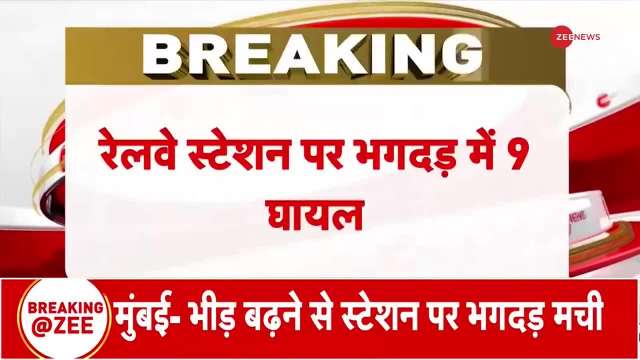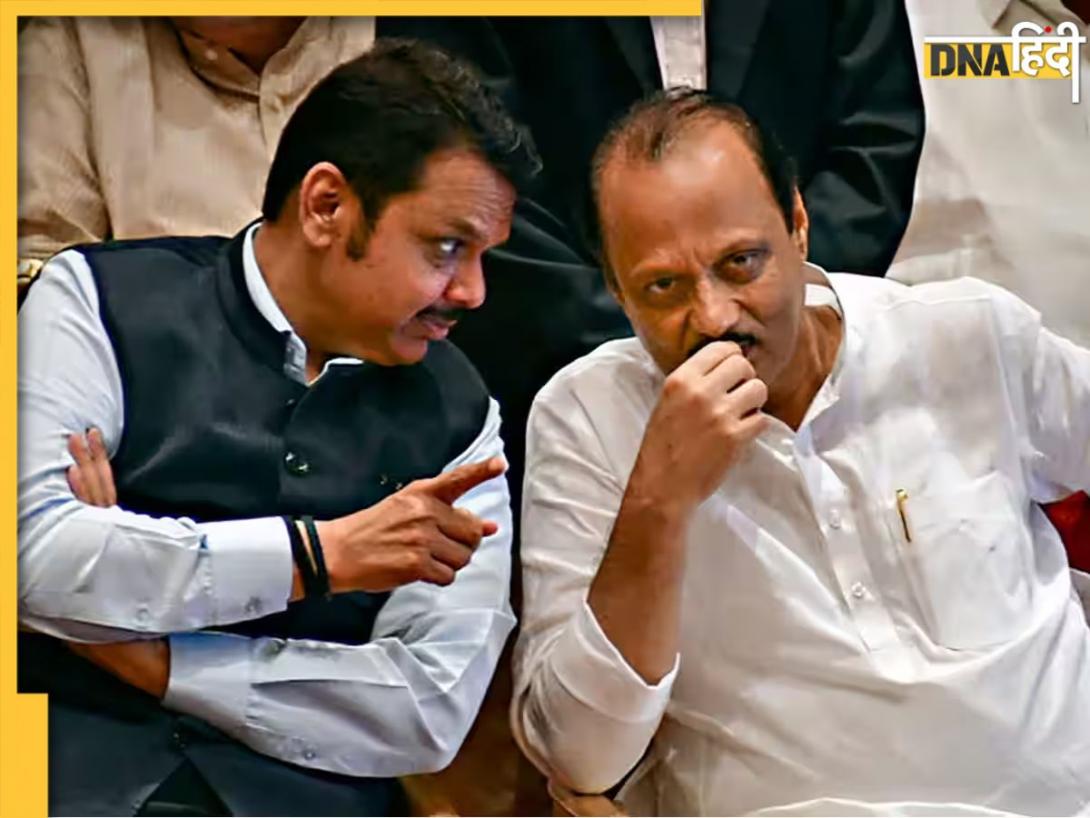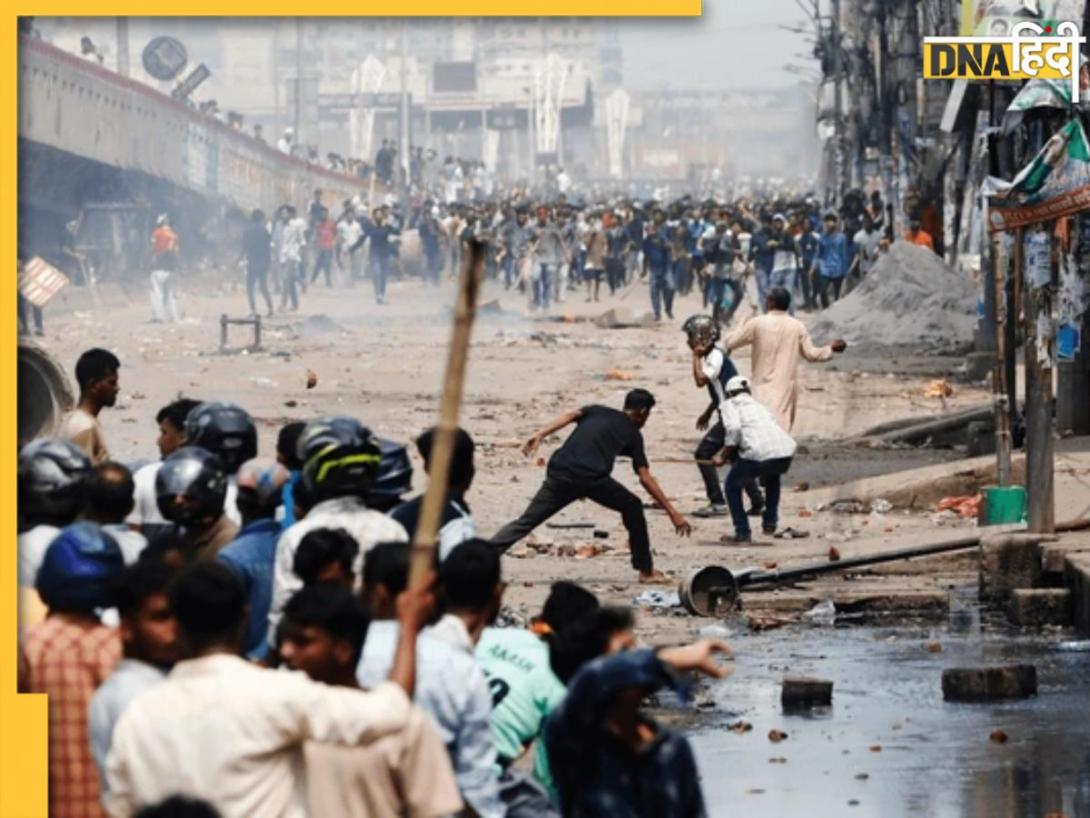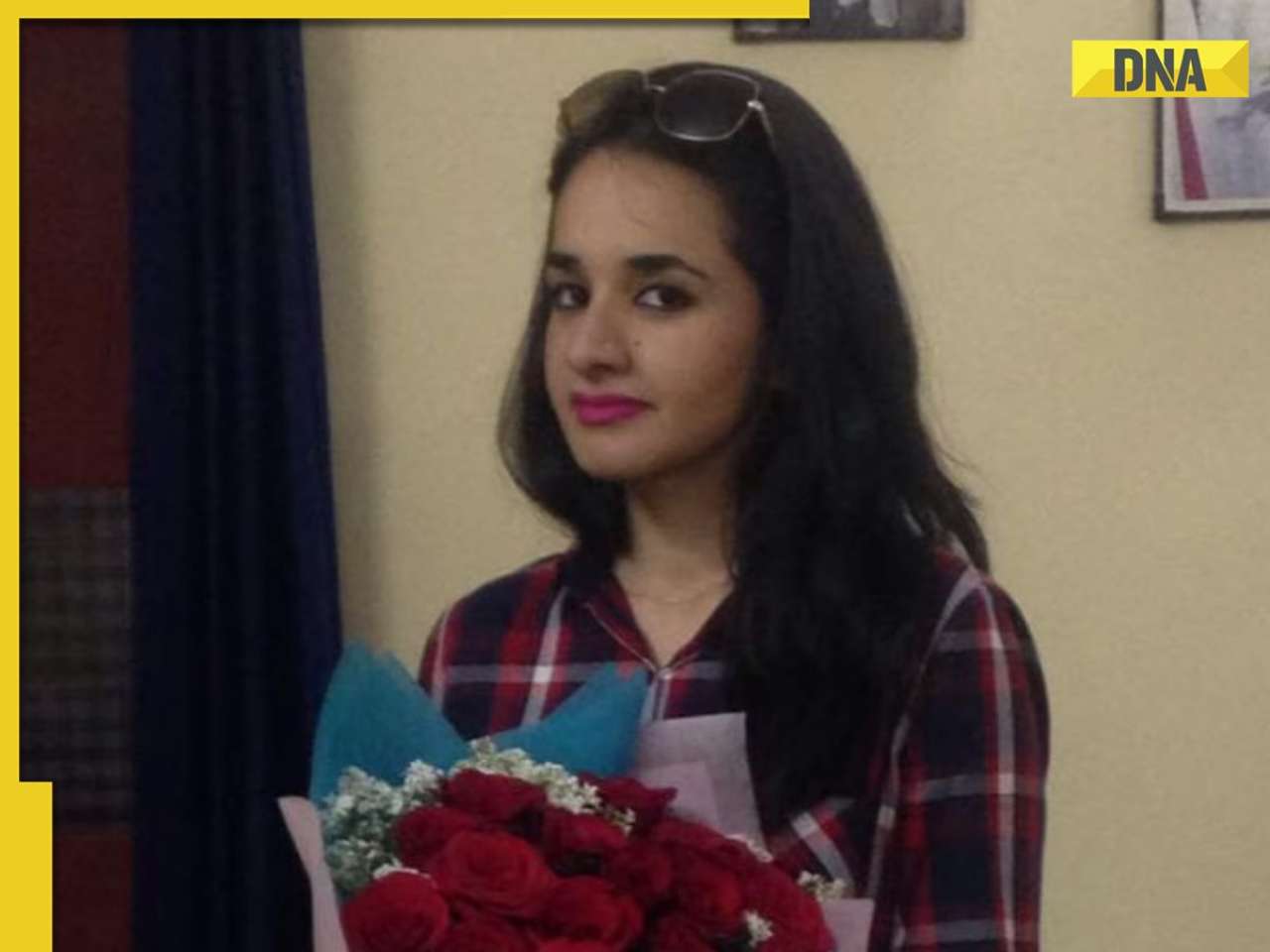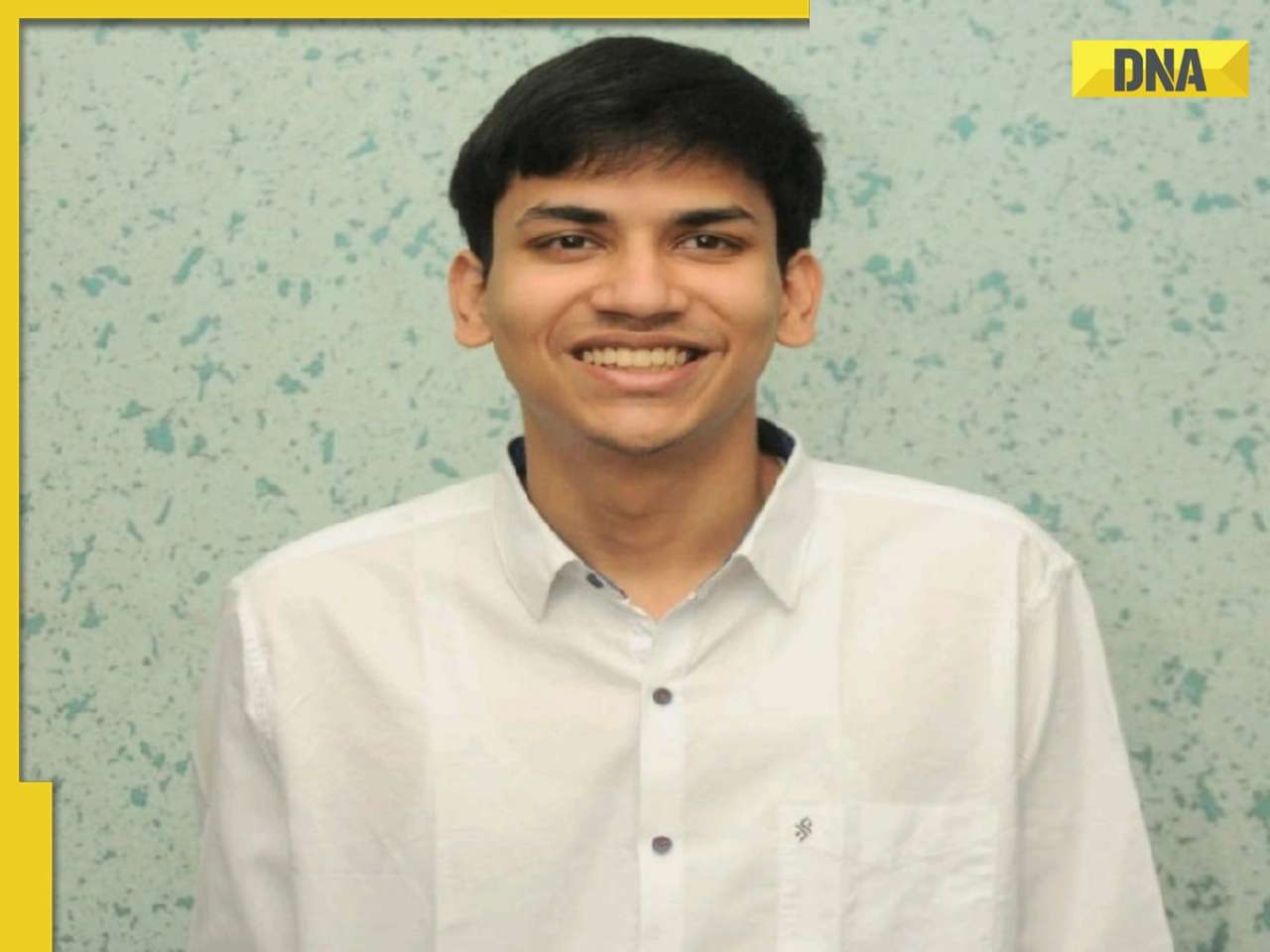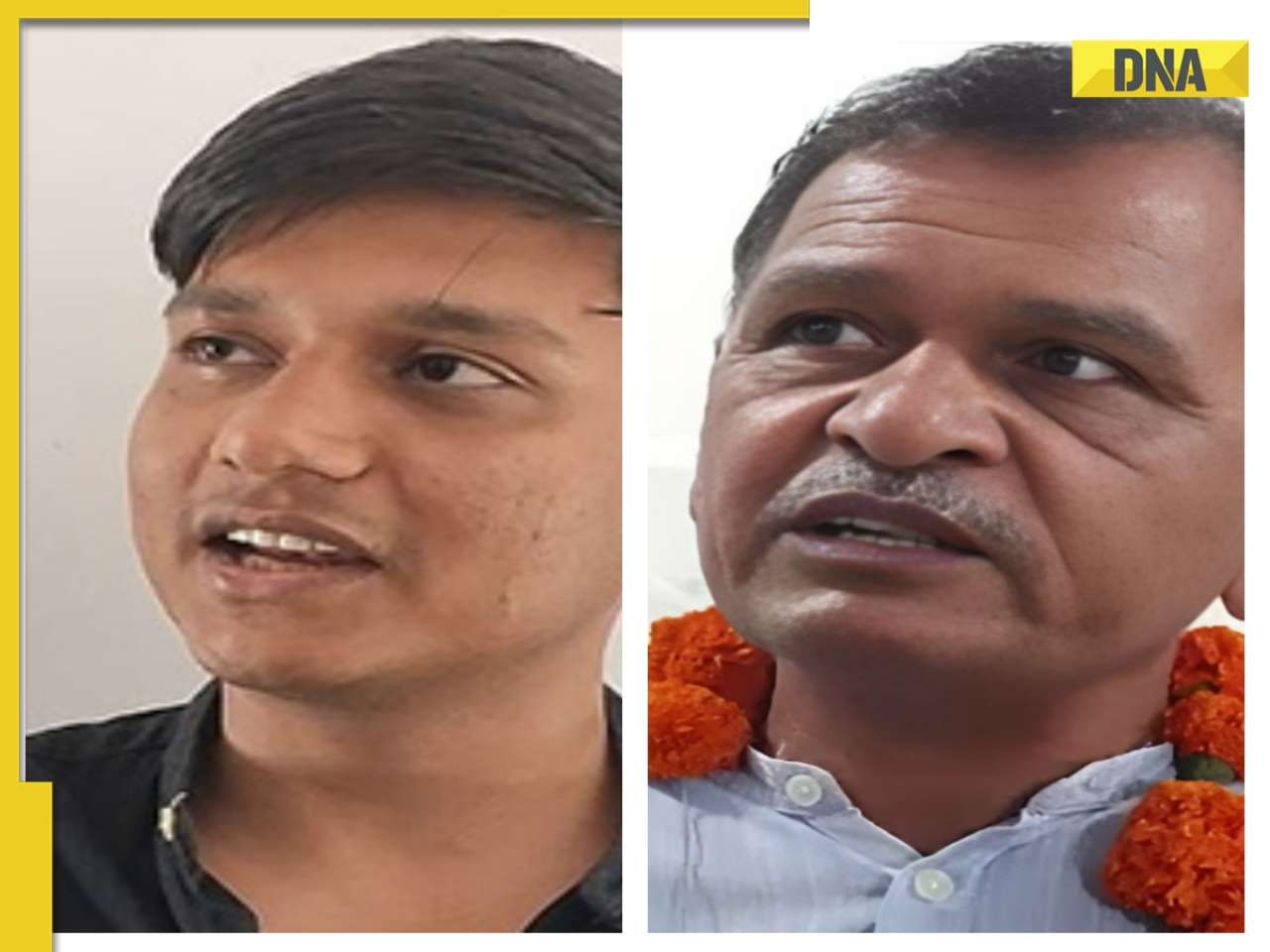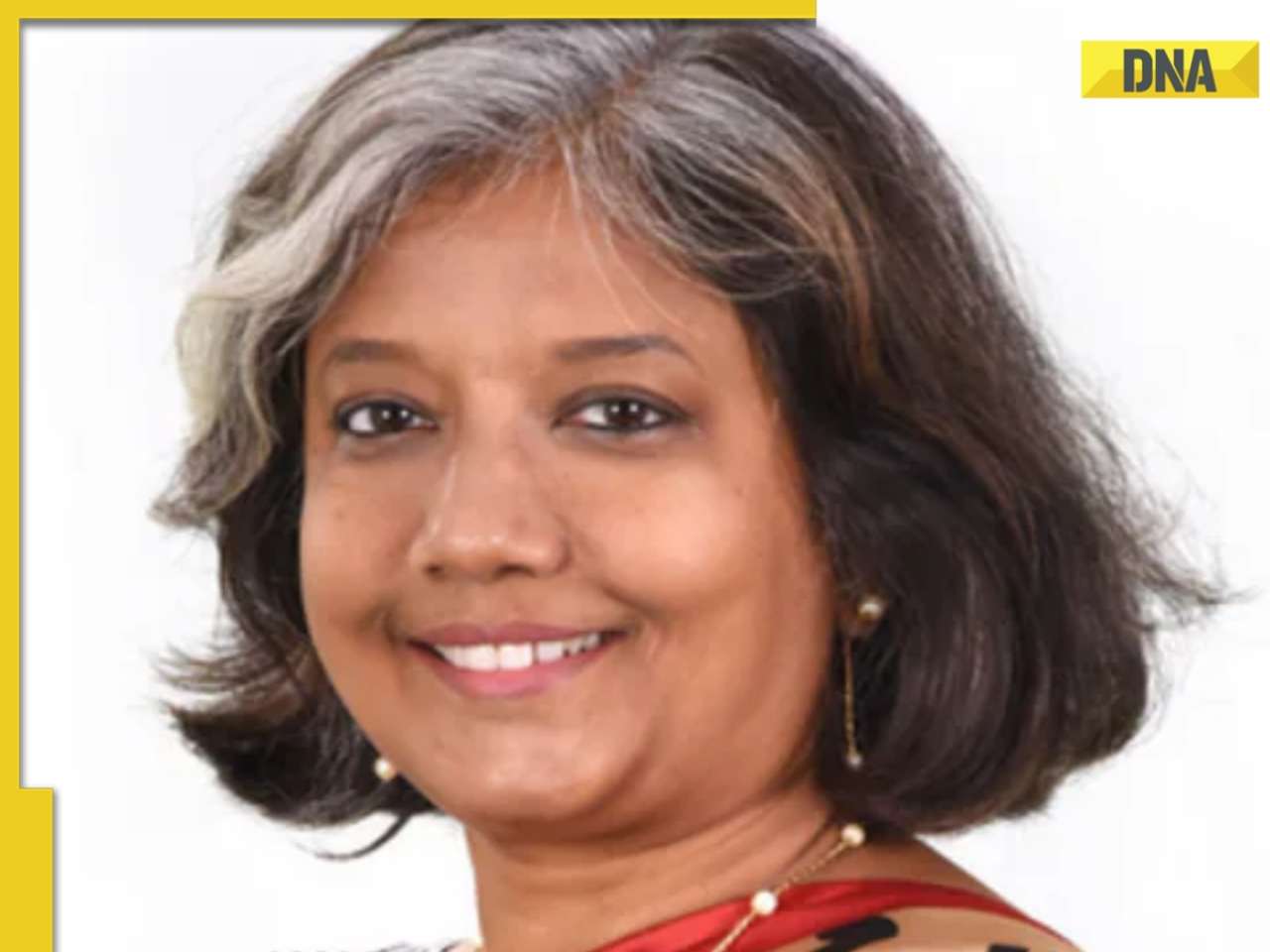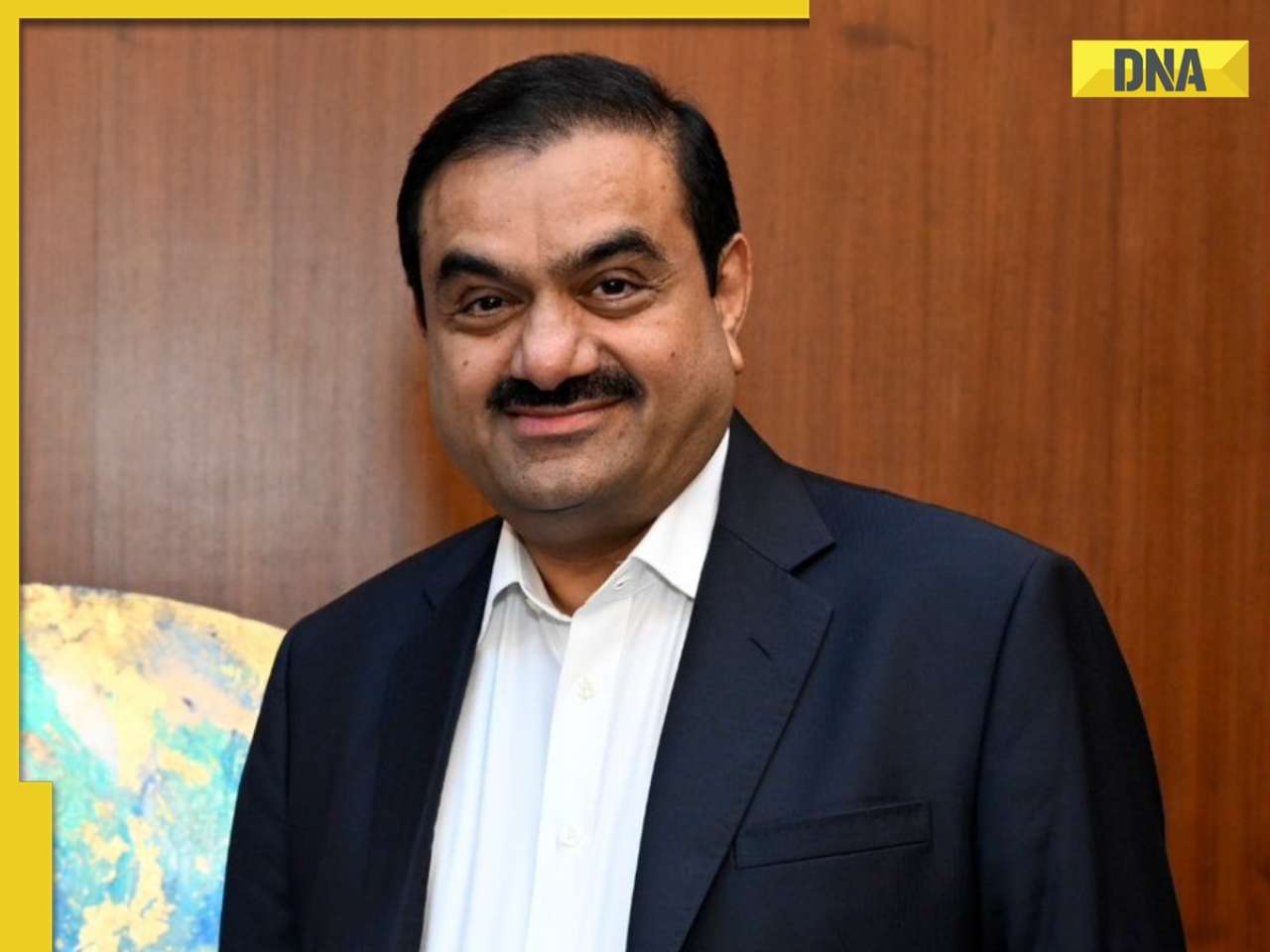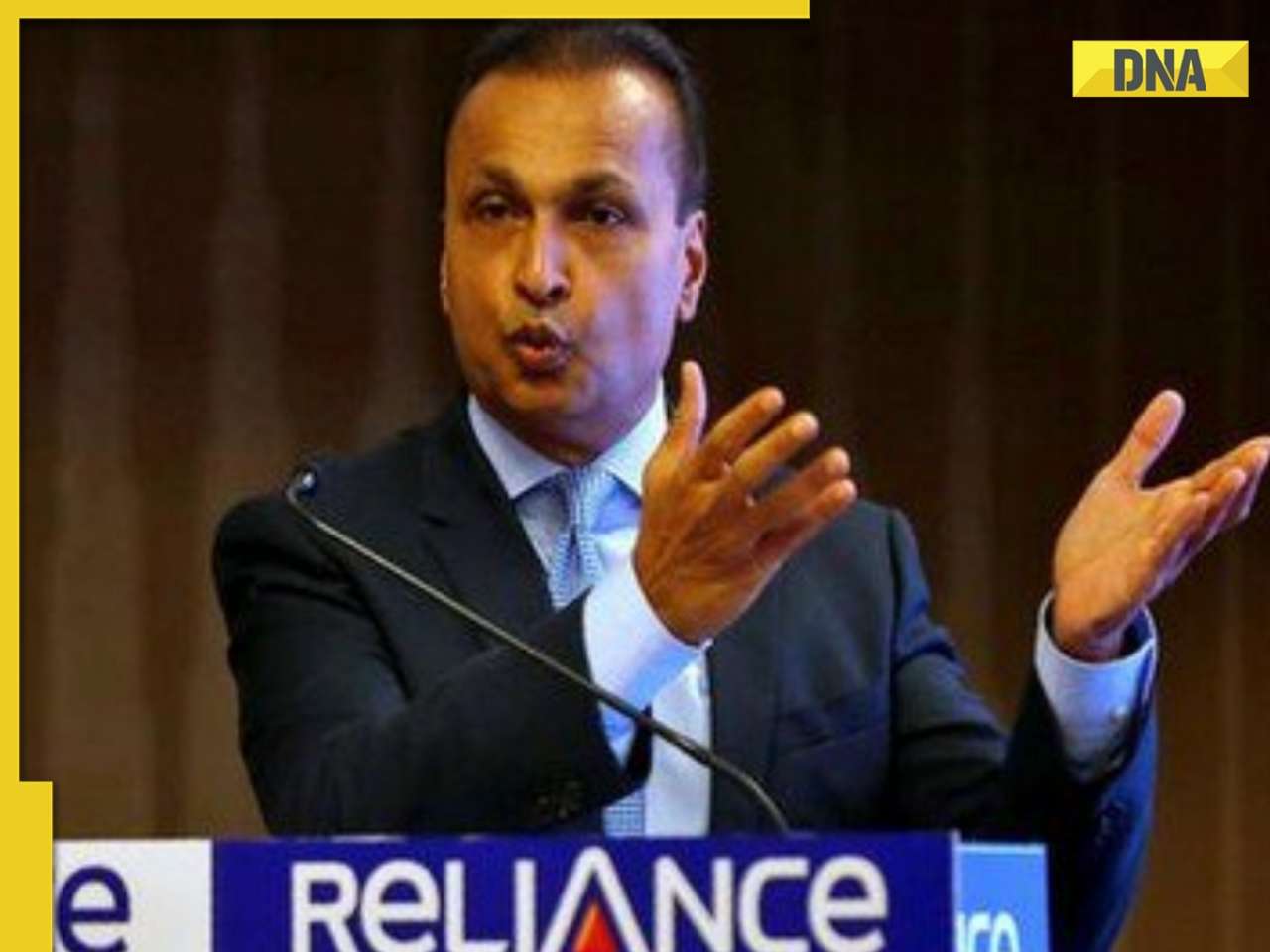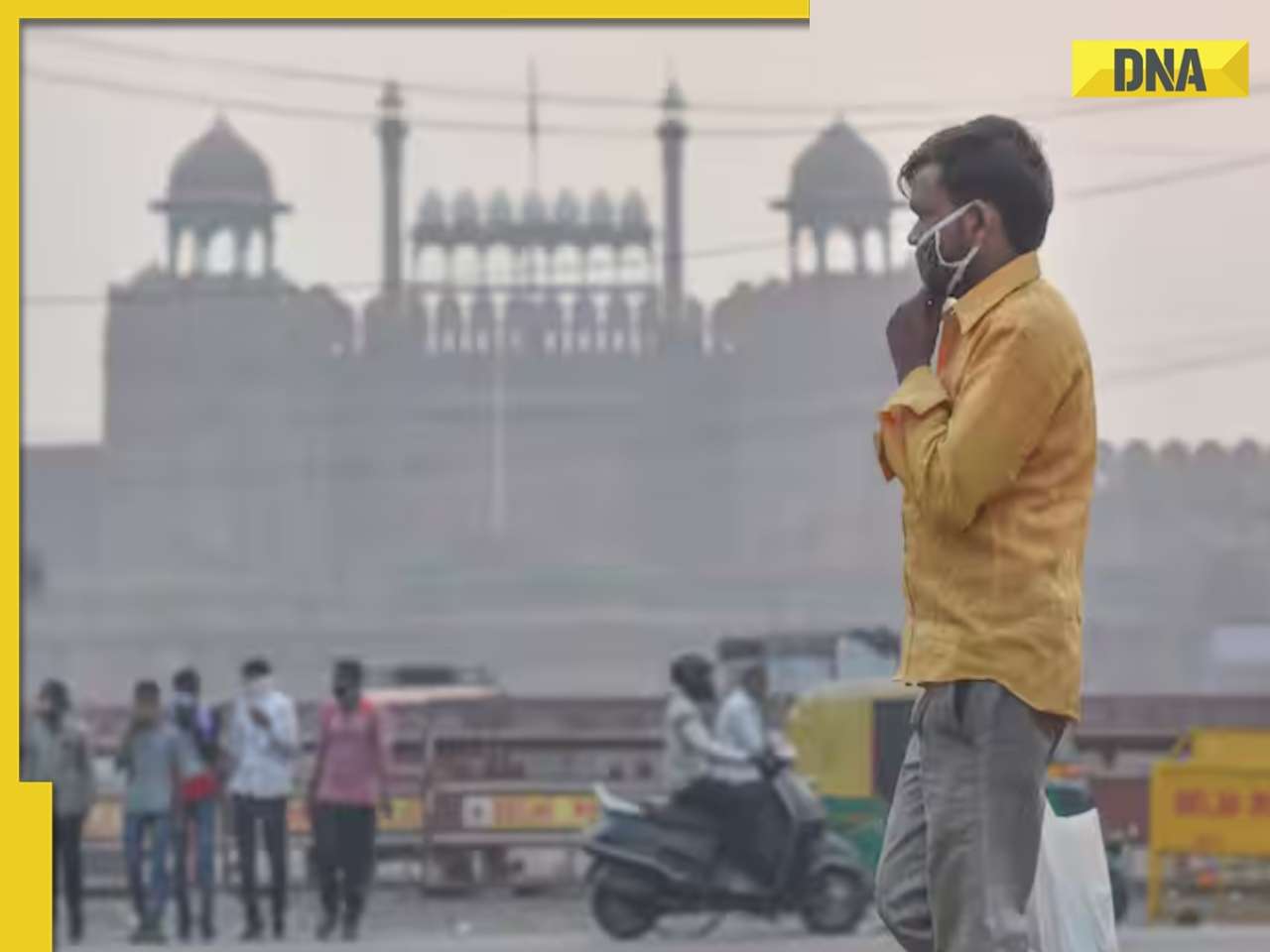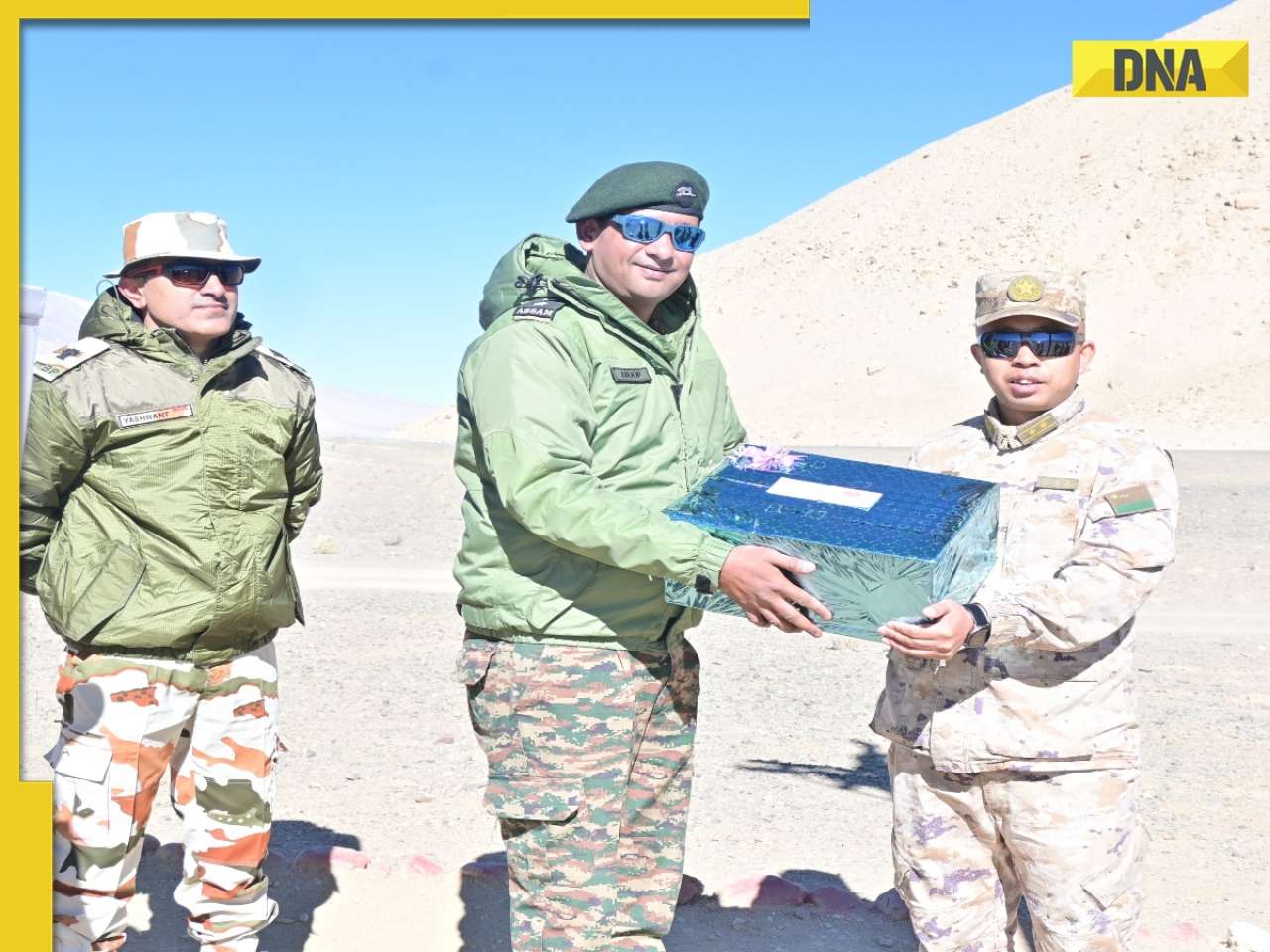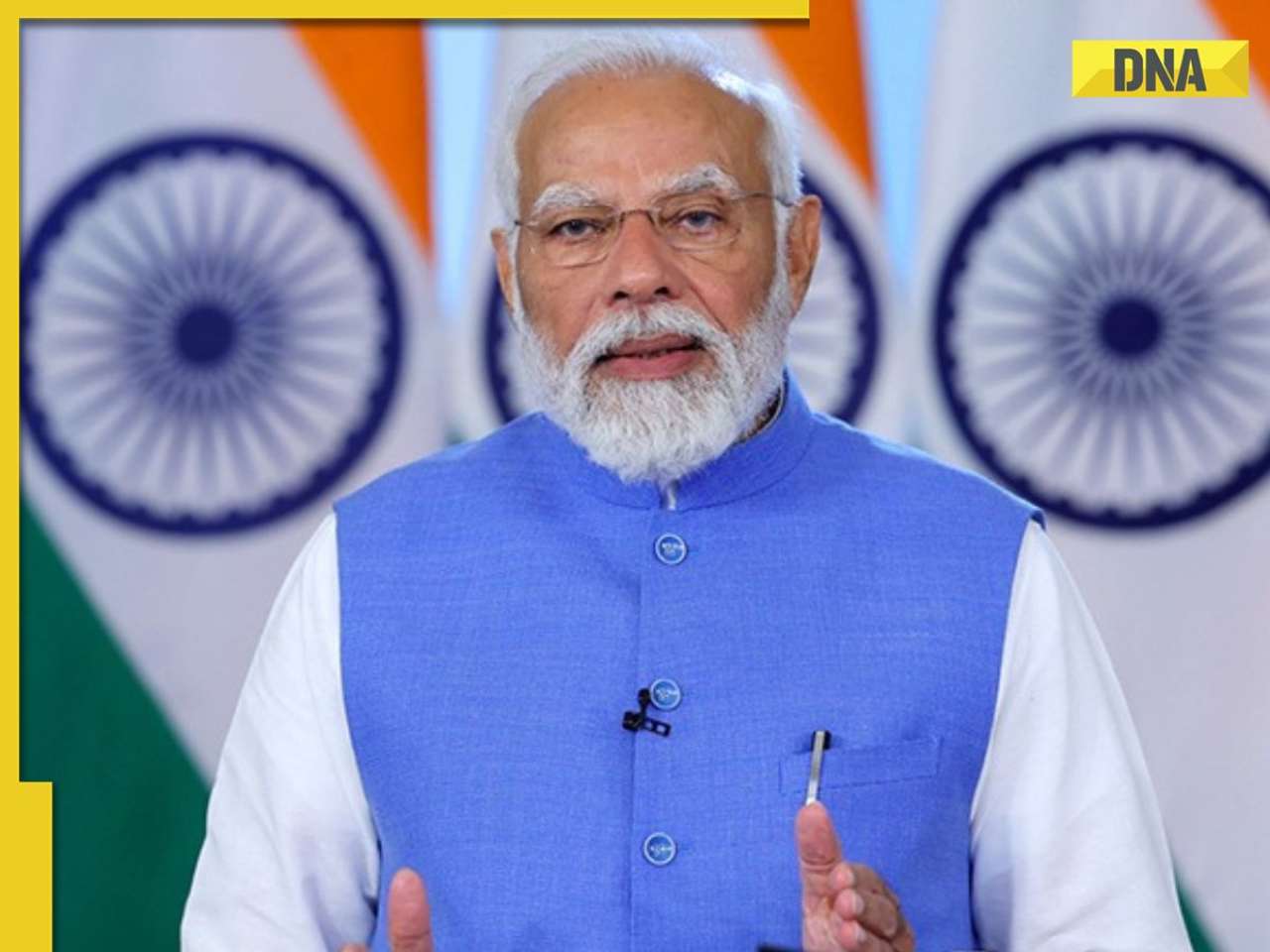- LATEST
- WEBSTORY
- TRENDING
BUSINESS
We have to develop new cities now: Deepak Parekh
Parekh, 65, chairman of HDFC Ltd tells DNA it is imperative to develop new cities if urbanisation has to happen in a meaningful way.
TRENDING NOW
Prices have gone insane again in some parts of the country, but since people need a place to live, a roof over their head, they are going through heaven and hell trying to get some shelter somewhere, said Deepak Parekh, 65, chairman of HDFC Ltd.
In an interview with Raj Nambisan & R Jagannathan, Parekh emphasised it is imperative to develop new cities if urbanisation has to happen in a meaningful way. Excerpts:
What is the trend in real estate development across cities?
It’s all going suburban in the bigger cities. I will give you the example of Mumbai. Guess where HDFC’s business is mainly from? It’s from the far-flung suburbs of Dombivili, Thane, Virar, Kalyan, areas that far from Mumbai. We have nothing this (indicating the city) side, nothing in Bandra, nothing in Khar. Even in New Delhi, if you see most of the business is coming from Greater Noida, Ghaziabad and Faridabad, which are on the outskirts. Noida has become expensive, Gurgaon is expensive so we get only a handful of applications these days from Gurgaon. Growth is all from the outskirts of big cities. But in the smaller cities we are very active and here prices haven’t gone up that much. For example, prices in Kolkata, Lucknow and Jalandhar have not gone up that much. Our average loan size all-India this year is Rs 17 lakhs, which includes Mumbai and Delhi. If you take them out, the average is down to Rs 12 lakhs. In Mumbai, the average loan would be around Rs 25-30 lakhs.
For which you can’t buy anything in the city...
Yes. Normally our loan-to-value ratio is above 65% on an average, so if Rs 25 lakhs is 65% on an average, a third of that is put in by the buyer.
See basically for every piece of land there is a court case. And no hearing takes place because now the judiciary feels that the Urban Land Ceiling Act is abolished. But when Ulcra was abolished, the state government should have said that all pending cases have also been withdrawn along with it. But no cases have been withdrawn. Land owners had filed cases against the government saying theirs is not surplus land and that they are not going to give it away at those ridiculously low prices. Case hearings don’t happen and so the shortage of land continues. All over India there are pending cases and no one is taking a decision.
So cities have artificial shortage...
There is artificial shortage of land in south Mumbai, where you have this bizarre arithmetic: land cost constitutes 90-95% of the project cost, while construction, steel, cement, labour, profits, architects, engineers — all that tot up to just 5-10%. I agree Mumbai is an island and there is a shortage of land, but when there is shortage of land, either set up a transport infrastructure across the mainland by road, underground, bridge, some pass, some ways like the trans-harbour link that they are planning to at Sewri. Once you do that, once you can make it to the mainland in 20 minutes, all land prices will come down. You can do massive housing in Alibaug and have a bridge across or have proper ferries like those in Hong Kong. That will again bring down land prices in South Mumbai. But you don’t want to do that. You don’t want to reclaim land. All of Nariman Point is on reclamation, all Cuffe Parade is on reclamation. When I was in school, there was nothing here, the Oberoi Hotel was not there, we used to play there. But no reclamation has happened for long. Singapore, Malaysia ... all high-end cities have grown through reclamation where the responsibility to reclaim is on private developers — but you only have to meet environmental standards. Floor space index has not been increased, land cases are not being heard, urban transport is not being improved through highland-mainland connectivities .. so there’ll be continuous shortage. This is totally artificial.
How can we extricate real estate from politics?
It can be done only by having the most transparent minister in a cabinet handling that portfolio, and by delinking it from the chief minister of the state. Chief ministers simply face too many pressures.
So the urban jungles continue with their wretched existence..
I personally feel urbanisation is going to see a downfall. They say in the next 10-15 years, 40-45% of the people will be living in urban areas. Where will they work? Where will they live? Where will they study? Are we creating new cities? We are not taking any initiative to create any new cities. China, we hear, is creating 700 new cities. After Navi Mumbai, what have we built?
Can developments such as townships help?
When the Bangalore-Mysore road was being developed, the idea was that it will have educational institutions, industry, housing and entertainment dotting it. The road came up after 10-15 years but nothing else around it has come up because of a whole lot of political issues — you just can’t build anything. The point is that when there is an increase in population, it’s imperative we create jobs. We have created substantial jobs in software, back-office and financial sectors. The insurance sector has opened up and every company has one lakh people. You have distributors, trainers, staff, agents and all the ancillary services. This is all in the services sector, but we have not created jobs in the manufacturing. Retail has not opened up, and it can employ a large number of people. Defence manufacturing can employ a large number of people. I read somewhere that Rs 150,000 crore is the per annum defence expenditure, and 70% of that is imported. If a part of that is manufactured here, you will have thousands of jobs and huge foreign currency savings.
Do you see hope in the ambitious
Expressways plan? Can they become India’s new arteries around which planned cities can develop?
Kamal Nath has very ambitious plans. He’s meeting us regularly and saying “You produce the money, I will produce the roads. Don’t let financial scarcity stop my road projects”. Basically, this new (Rs 50,000 crore) infrastructure fund that the government is talking about is predominantly to give long-term money for road projects. We are trying to find new avenues to raise long-term money. When you are getting a concession for a road, you get it for 25 years. Now no bank is ready to lend for more than 5-7 years. And after 25 years, the asset goes back to the government. Whatever revenue a company can collect for 25 years is its own, but it will have to do the project with 5-7-year money. We just don’t have the long-term vision. We don’t have long-term money ourselves (HDFC) to lend out for longer mortgage tenures.
Why can’t we facilitate foreign funds?
We are trying to do that.
Have you spoken to foreign insurers and pension funds for the infra fund?
Not yet. It’s too premature.
Why can’t we go on mission-mode to develop the corporate bond market, set up a platform for 10-20-year private sector paper?
There are a number of issues there — there’s no uniformity in stamp duty, no market maker, no repo market. But now serious efforts are being made to develop the bond market. You will see some changes happening. In fact, I was in a meeting yesterday in Delhi (Tuesday, May 17) discussing this. Things should happen in the next few months. We are sorting things out, the legislative issues. In six months, things will improve.
Will all this be on the existing corporate debt platform?
Yes, it will be.
Digressing a bit, which state is doing better on infrastructure in rural areas?
I guess Gujarat.
Why?
Because they are liberal with clean (title) land and there are no administrative hassles. I don’t have any experience personally, but many of my friends say that if you put up a large plant in Gujarat or put up a housing colony or an office block, you don’t have to go through the pain you do elsewhere. There is little corruption which is why people are willing to go there to set up manufacturing units.The Tata Nano went there and immediately got land. There are so many factories under construction. I guess the progressive states, the transparent states, states that have good administration, quicker decision-making capability ... they will prosper.
Is it because of their innate mercantile skills?
The way things work from the top is very important. Yes, the trading mentality was born in Gujarat but many industrialists have also taken birth there.
What about the years of talk about turning Mumbai into India’s financial centre...
At current prices, you cannot afford to have an international financial centre — unless the government has the heart to give land for educational institutions, schools and colleges first, land for housing at affordable and reasonable prices. You know at the Bandra-Kurla Complex, some developers are building houses that are being sold at Rs 30,000 per square foot. Now at this rate of housing and another Rs 25-30,000 per square feet for office space, who can afford to stay or work there? Which business will generate that kind of money, that kind of margins? South-central Mumbai will soon have only head offices and back offices will have to shift out. Actually, the Mumbai-Pune Expressway is a good place to develop habitats. I expect that in the next 20 years, Khopoli, Panvel and the areas along the expressway will see developments that will emerge much cheaper. In Hyderabad, when you come out of the new, very nice airport, you turn left to go to the city, which is a 30-40 minute drive. If you turn right, after about 10-15 minutes you see some buildings coming up where they say rent is just Rs 15 per square foot. Now which back office will be viable in Rs 80-100 per square foot? Here, 15 minutes from the Hyderabad airport, brand new construction is coming up with power and air-conditioning, at Rs 15 per square foot, ready buildings. They have the vision to give that land, they have the vision to see that they will become the back-office of the country and the only way to do that is by keeping the rents lower. I don’t know of a single place in Mumbai or its outskirts where the rent is Rs 15 per square foot.
Which other states are accommodative on land?
Rajasthan has done well, the National Capital Region is doing well. Karnataka was very good once upon a time. It has a chequered history because of coalition governments. Andhra Pradesh has been good overall but it has slowed down because of the Telangana problem. In Tamil Nadu, too much has taken place too fast. But even there, the administration is good. But for India to grow, we need to develop the backward states, there are no two ways about it. The central government has to do something like making it tax-free to put up a factory in Bihar. You need to give massive incentives to put up factories in such states, only then will industry go there.
You are part of the Rajiv Gandhi Awas Yojana. Can slums be ever erased from cities?
Rajiv Gandhi Awas Yojana is a welcome step because the government is actually talking about the removal of slums from cities for the first time. Slum is an urban phenomenon and there is money and thought going into solving that issue now. At least some thinking has started. In the next five-year plan, there will be a massive thrust on slum removal and a slum-free India through the allocation of a sizeable amount of money.
Coming to HDFC, how does the road ahead look?
Our business is growing though we have a huge denominator that’s growing. We will grow by about 20-25%. We have been saying 25-30% and in future we will go slower because our base is growing. The base now is around Rs 1 lakh crore.
Can you tell what’s behind the 20-30% formatted growth...
That’s mainly because we contain, control, limit our developer exposure. We have this 70-30 ratio. So one year, it’ll be 70-30, in another 65-35, 75-25, so on and so forth, where 60%-75% is in individual loans and the rest construction finance to corporates and developers. Now we also have rent discounting. For instance, KPMG has taken 5 floors in a Lower Parel complex, which we have rent-discounted. Now rent comes into an escrow account where KPMG puts it and we have a first charge on it, not the project’s developer. This is safe lending, real estate lending, but it is not housing. It comes in that 25-30% portion of our business. That’s how we control our growth.
Do you see other areas of growth beyond housing?
HDFC Bank covers ground there. They don’t do mortgages, but they source loans for us. And we sell them as priority sector because they need to do priority-sector lending. They do two-wheelers, consumer and loans against property. This arrangement has worked well.
What happens when more foreign banks come in?
The big ones are already here. Big banks are having problems in their
own countries. Even if you open up,
no one is going to come in a hurry. The way Europe is going, much water has to flow. But banks there have not been impacted so far.
How do you think the crisis will unfold?
What they have done is borrowed more to reduce accumulated debt.
It’s called a Ponzi scheme...
(Smiles, nods). They have given more facilities to reduce accumulated debt. Now how will they repay this huge amount of money?
By deflating?
(Nods). They have to increase taxes. They have to increase productivity. They will have to increase savings. And they will have to increase interest rates to get savings. Productivity has to improve, and the economies have to contract. How will all this happen? And will the people who have been used to a certain style of living be ready to sacrifice it all just so their respective governments don’t default? And, by the way, where is the growth going to come from in those countries? Growth is practically non-existent there. I think it is a pretty grim scenario. Germans are already chafing about why they should bail out Europe. If that IMF (International Monetary Fund) and ECB (European Central Bank) line of credit was not announced, that week Europe would have collapsed.
What are the implications of all this on India?
Look at pension funds, FIIs, insurers and mutual funds around the world. When they get money, they invest globally in both debt and equity. When they see certain economies faltering or struggling, they get out of that place. Their investors have to exit and they also need liquidity. They can’t exit from countries where stock prices are low. So they sell the shares of good companies or companies that are liquid; in effect, all those that are doing well just so that they don’t book losses. That is why you are seeing large withdrawals of money (from emerging markets). In the last one week you saw $200 million go out every day. Indian corporate performance is still better. But there is the contagious effect. We are suffering because we see the confidence of investors being rattled. Many analysts say American stocks look much better and cheaper today. May be it’s time to divert some money from the emerging markets to them...
How do you see capital flows trending in India?
You will see an increase in foreign direct investment. Portfolio flows are public flows. It is not government money that is coming in. It is people’s money with the institutions. That’s unlikely to surge because of the uncertainty. Uncertainty in any area or a group of countries creates uncertainties across, that’s become the nature of the beast now.
What about interest rates?
As we all know, lowering interest rates is not an option. The option is maintaining it at current levels or tweaking it a little higher. Over a period of a year or two, either you will see it is maintained or tweaked up a little.
How does the base rate change the game for HDFC?
We have to see how it works, whether it is applicable for the short-term, long-term or medium-term. Is the base rate applicable for working capital? I don’t think they will disrupt anything, it simply can’t be disruptive, but it can be more transparent. See, if a bank keeps a low base rate, then you don’t have to lend below that but then charge 2-3% spread on ordinary credit. But does it apply to commercial paper? Does it apply to short-term investors? One doesn’t know that. I don’t know how it is going to work out in the end.
What do you think of ICICI Bank’s acquisition of Bank of Rajasthan? You were offered it too…
We didn’t take a look at it because we were tired after acquiring Centurion Bank of Punjab.
Do you think ICICI overpaid?
I think if you look at it in one way, they have. But if you look at it in another way — which is, ICICI Bank has 2,000 branches and the acquisition gives them 23% more automatic growth, then it’s not. The price they paid has to be looked at per-branch. If you get licences to open so many branches it will take you five years. So the time-saving is there. The biggest advantage in a bank acquisition is the readymade licence and the readymade branches.
What about the turf war between Sebi and Irda on Ulips?
The disappointing part about it is that it has been referred to a court. The government should have taken a decision whichever way it is, rather than delaying because that is impacting our business. We are not allowed to float new schemes. It is not good for the system to regulate us and then bring its disputes out. It should have been sorted out amicably by the government, by the finance ministry. We have an asset management business as well as insurance business. So if I wear an AMC hat, I will favour Sebi, if I wear an insurance hat, I will favour Irda (Laughs).
So what is the way out for?
I am still hopeful the government will find a solution.
What is your one message to real-estate developers?
They should remember the real-estate business in India will always grow because of population, because of upgrading of standard of living, because of the filtration process.
And developers are here to stay in the long-run. They should not be short-sighted, and try to make only quick money. Build a reputation of offering quality products, giving timely delivery ... then sky is the limit.


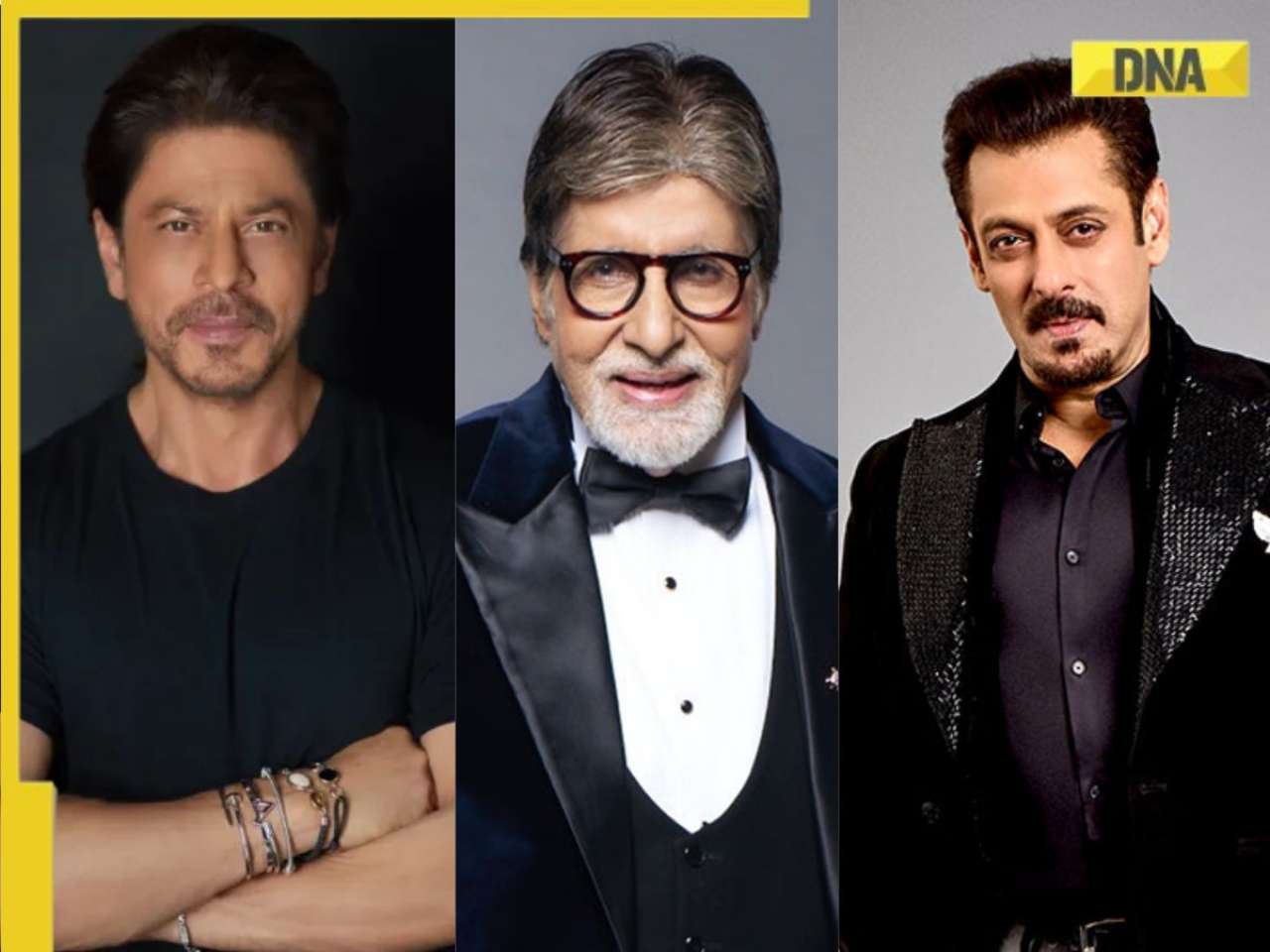





)
)
)
)
)
)
)
)
)
)
)
)
)
)
)






